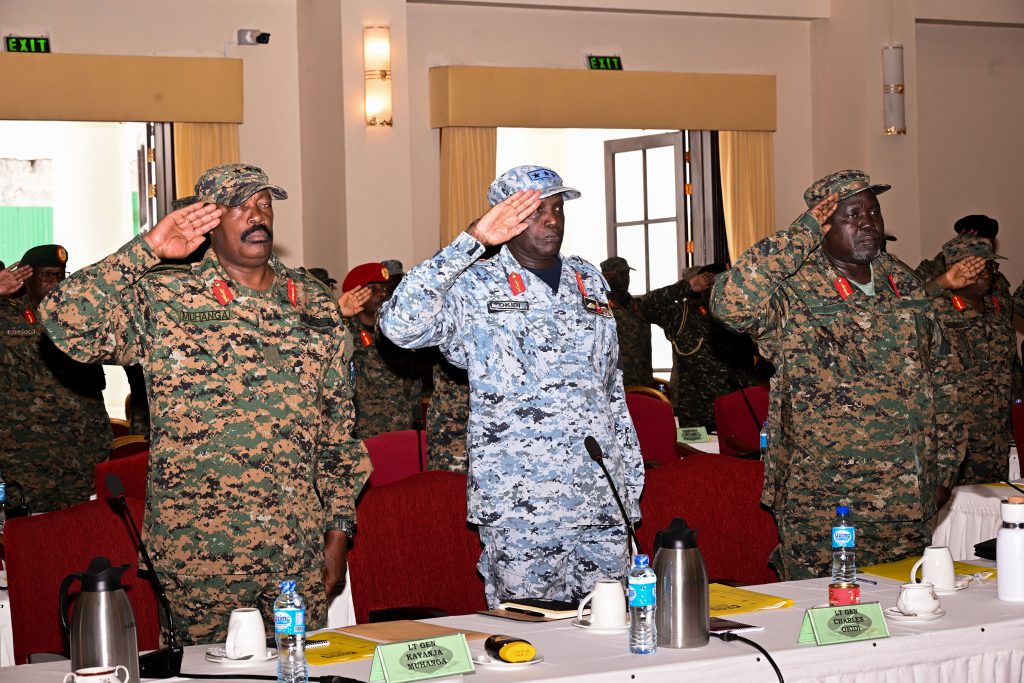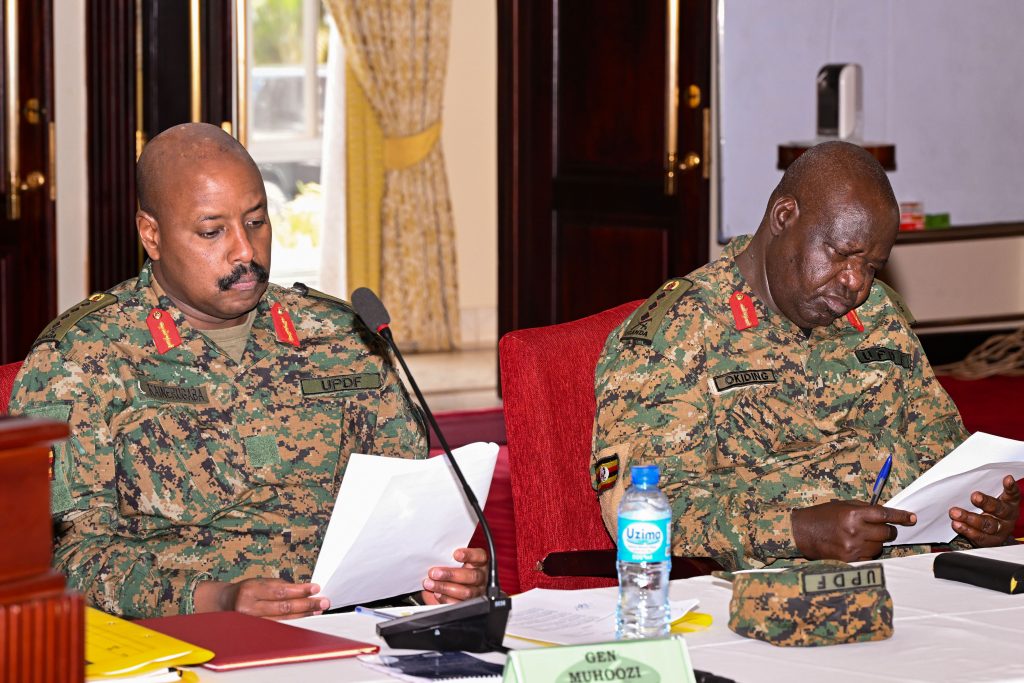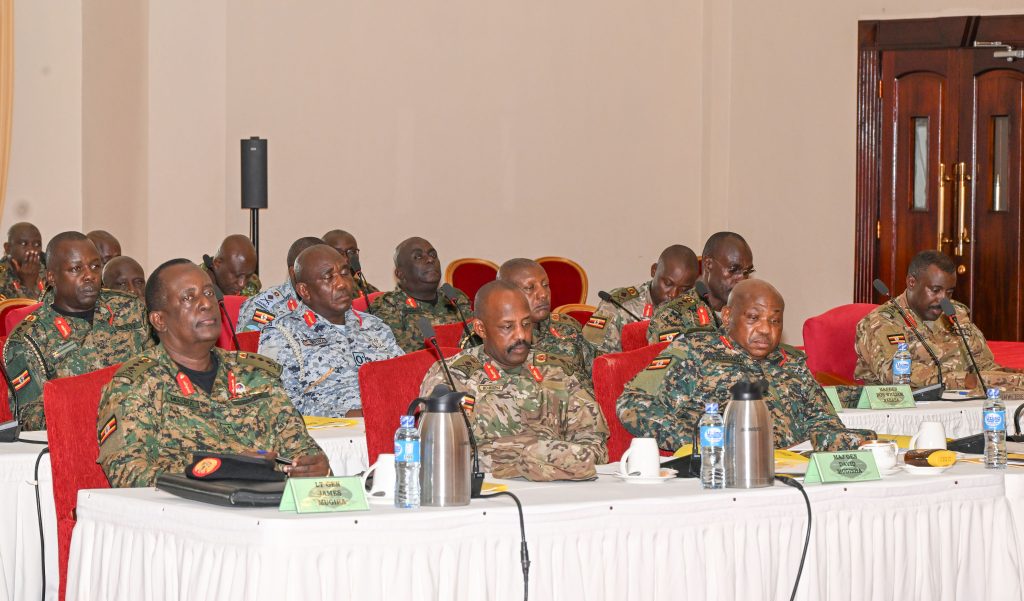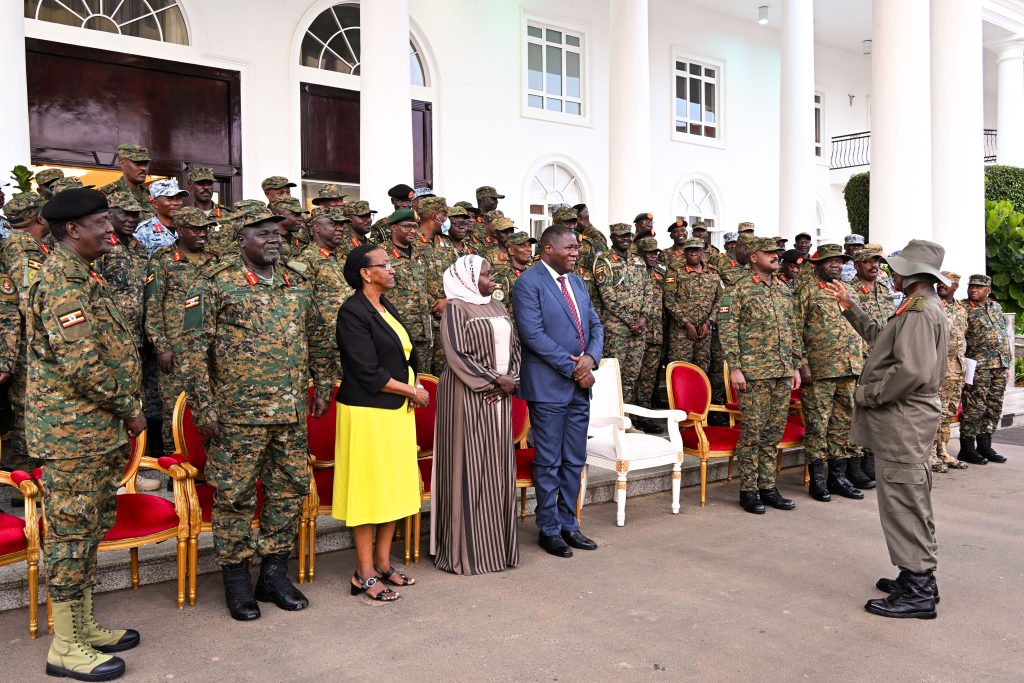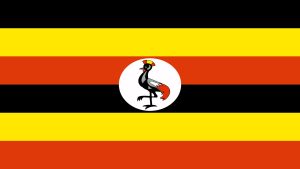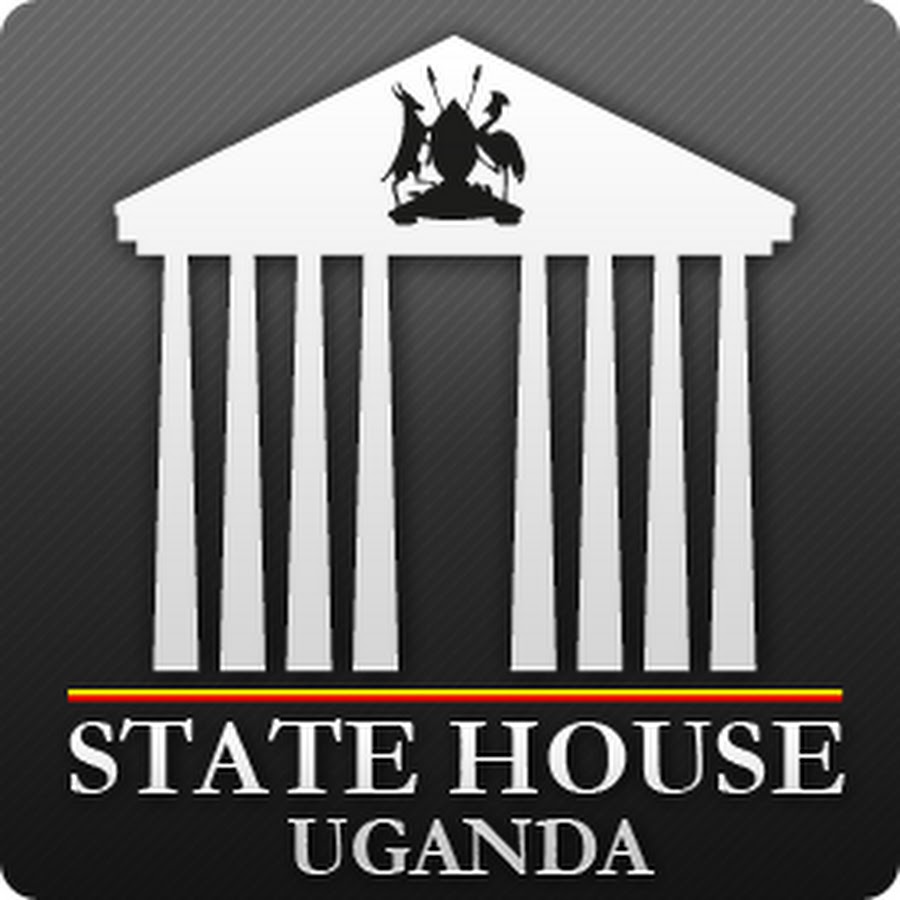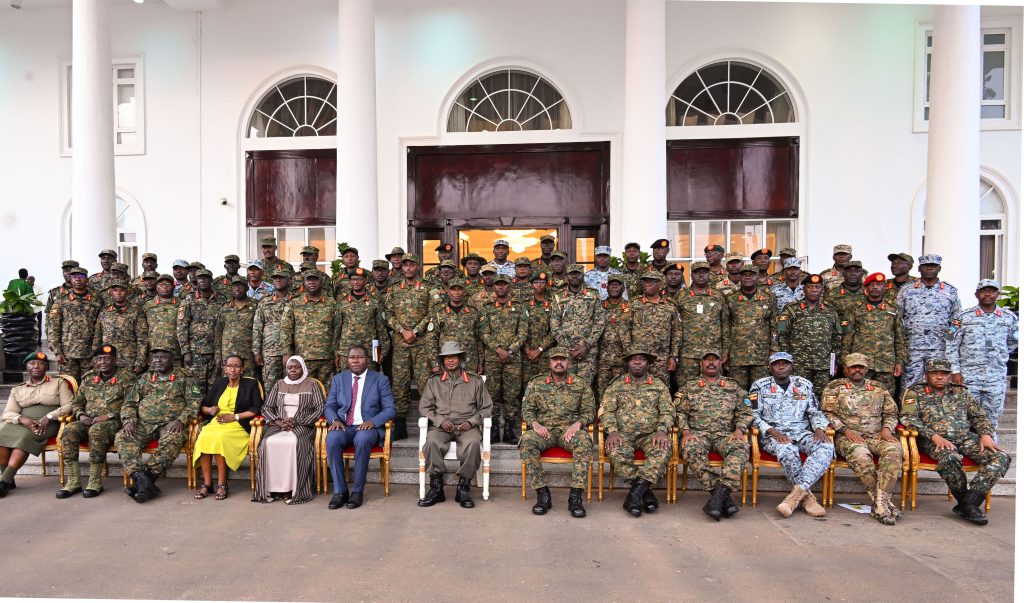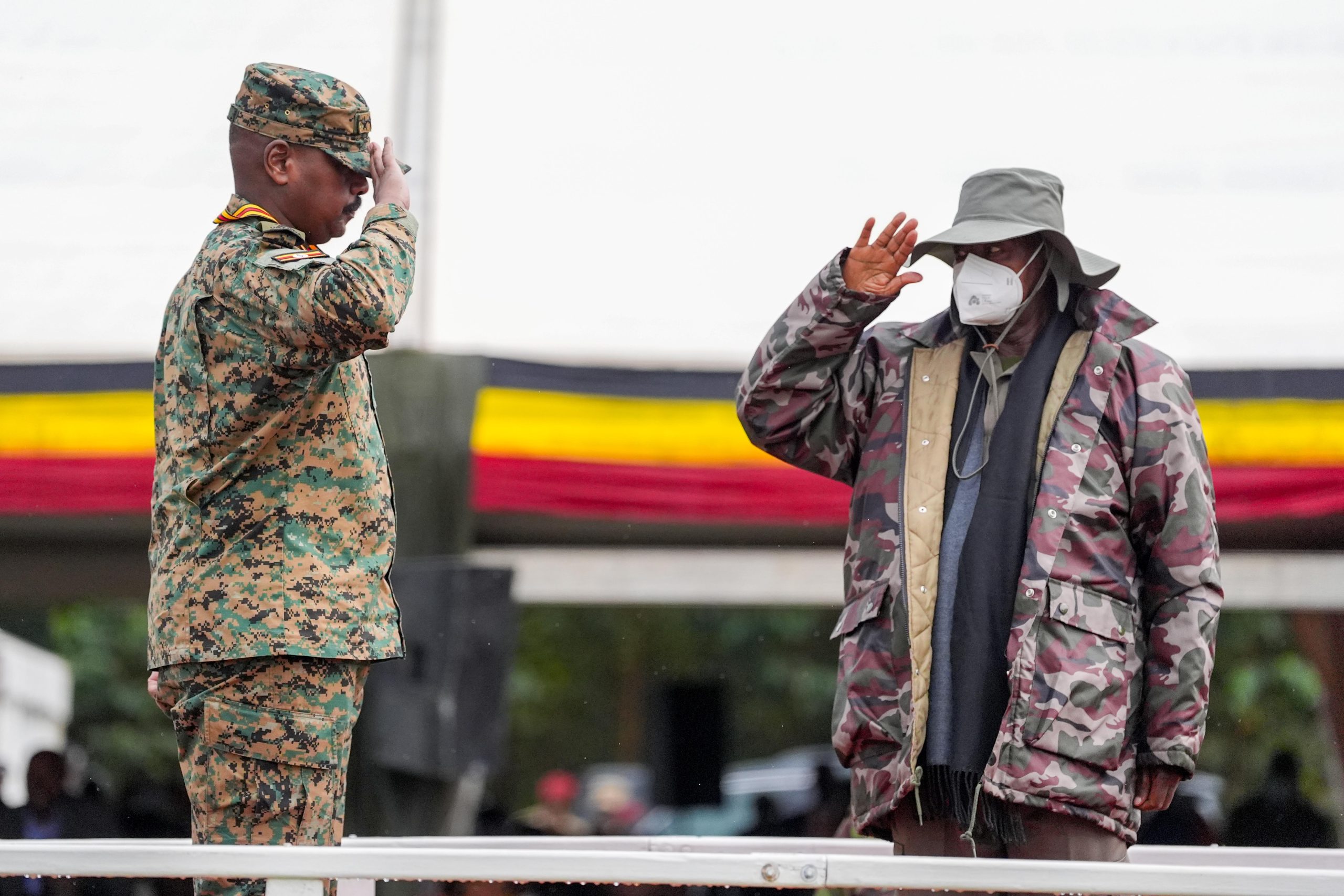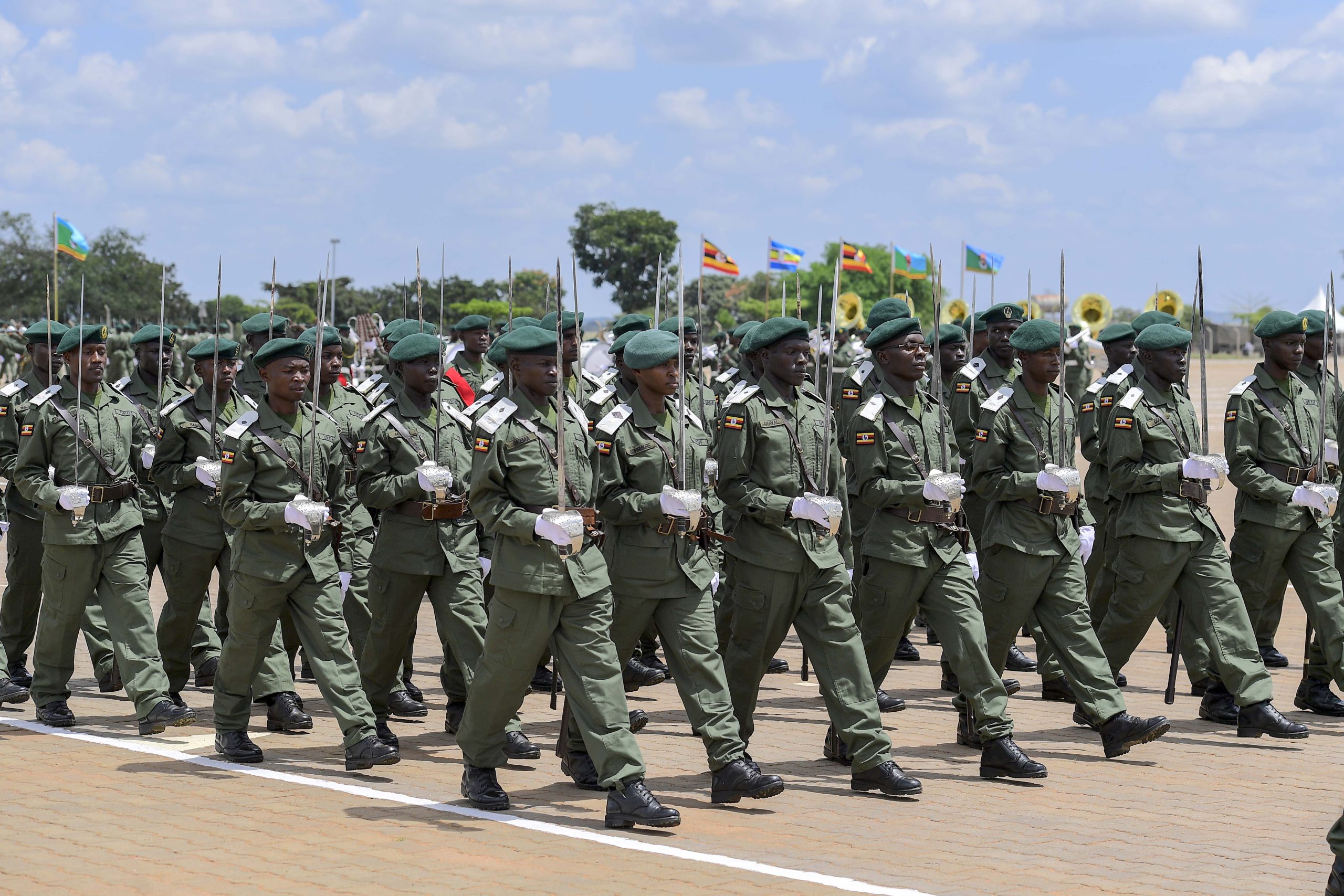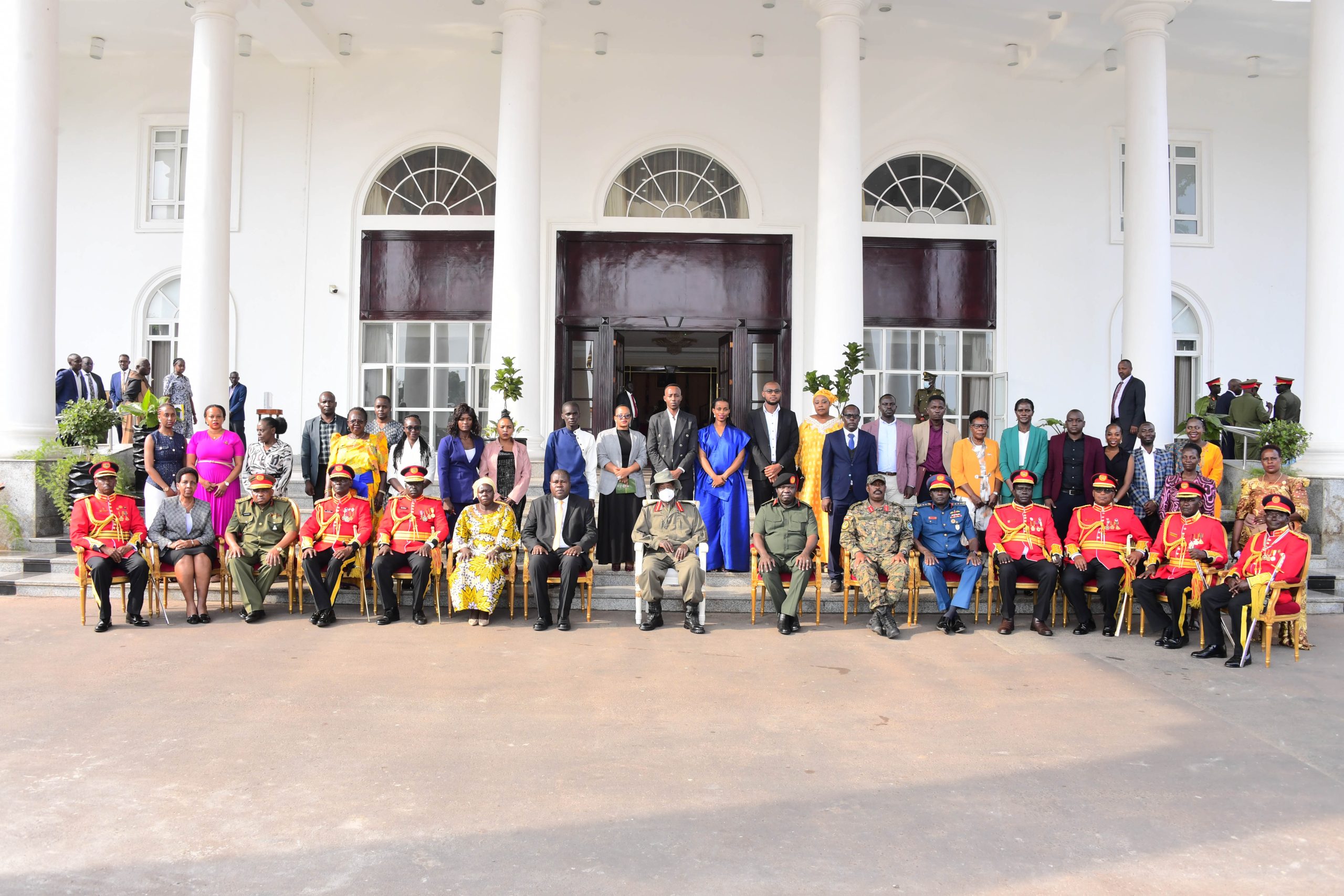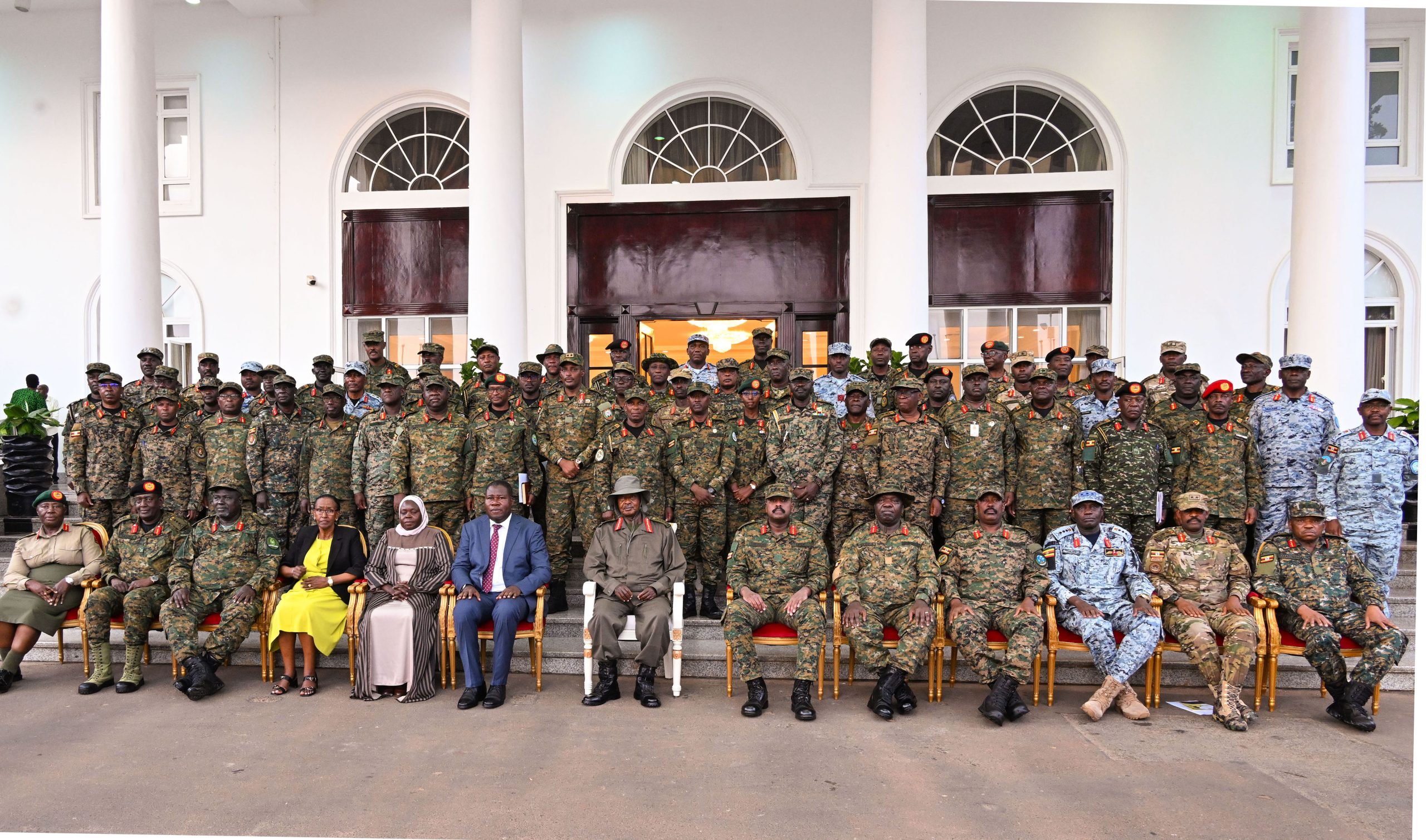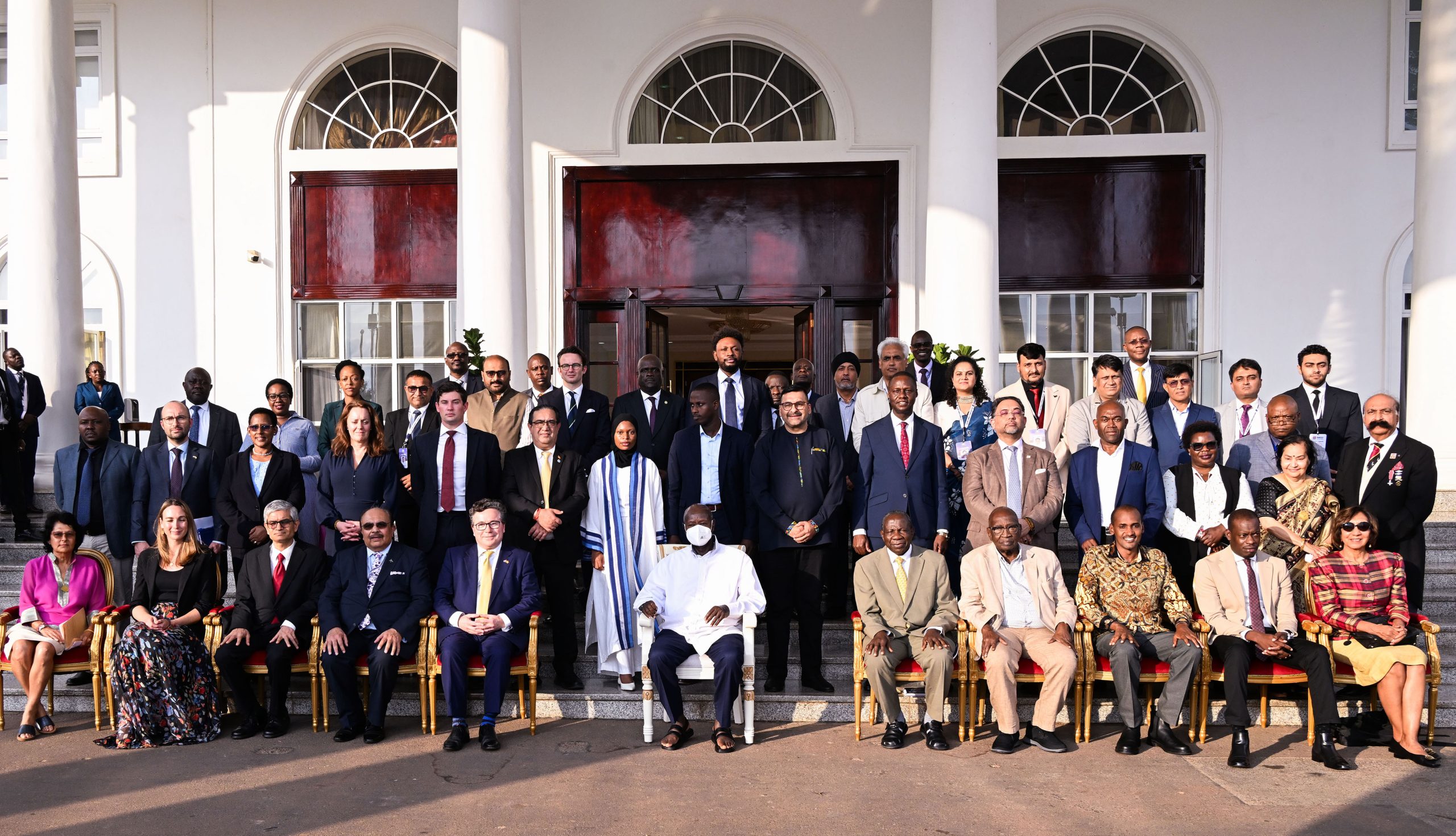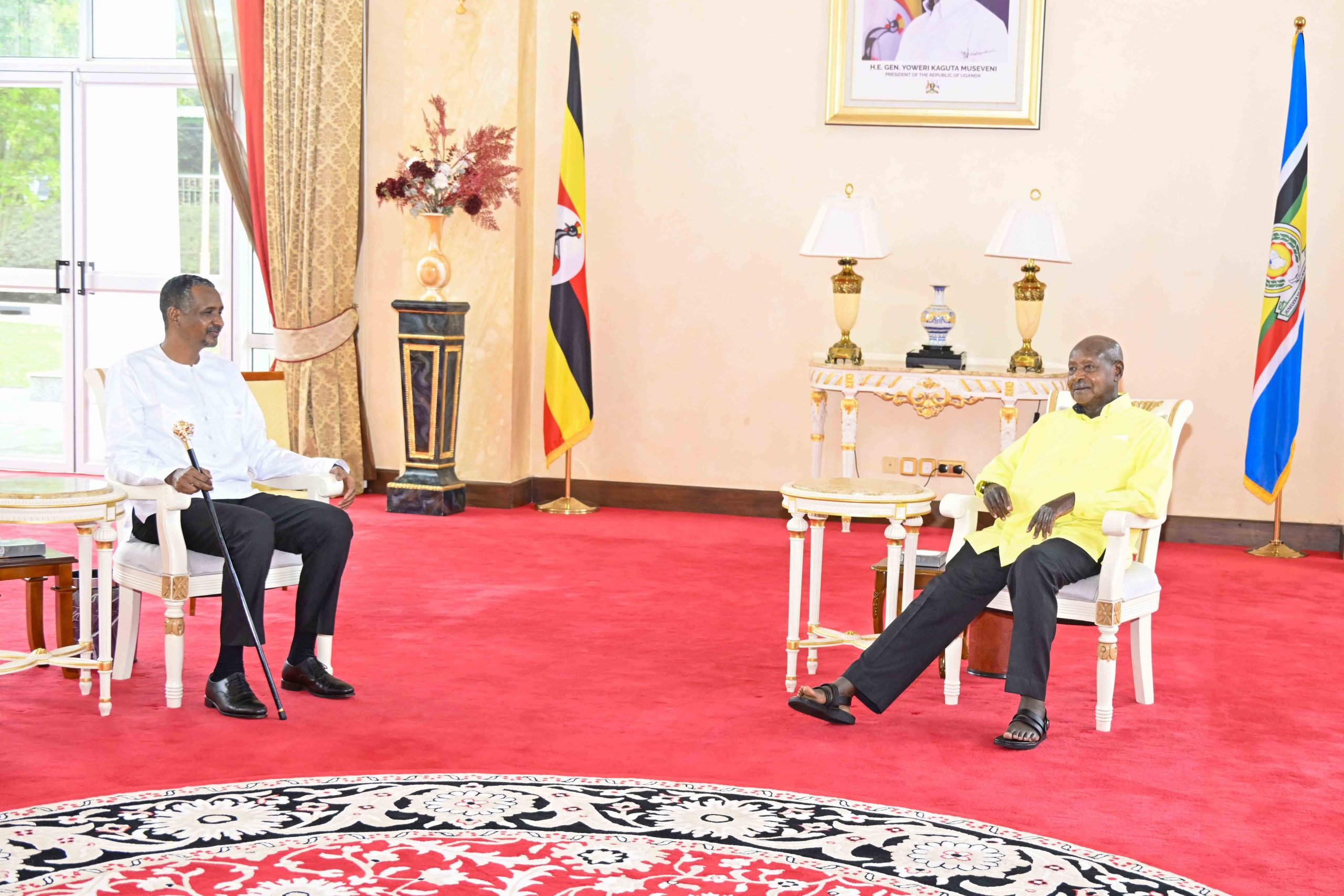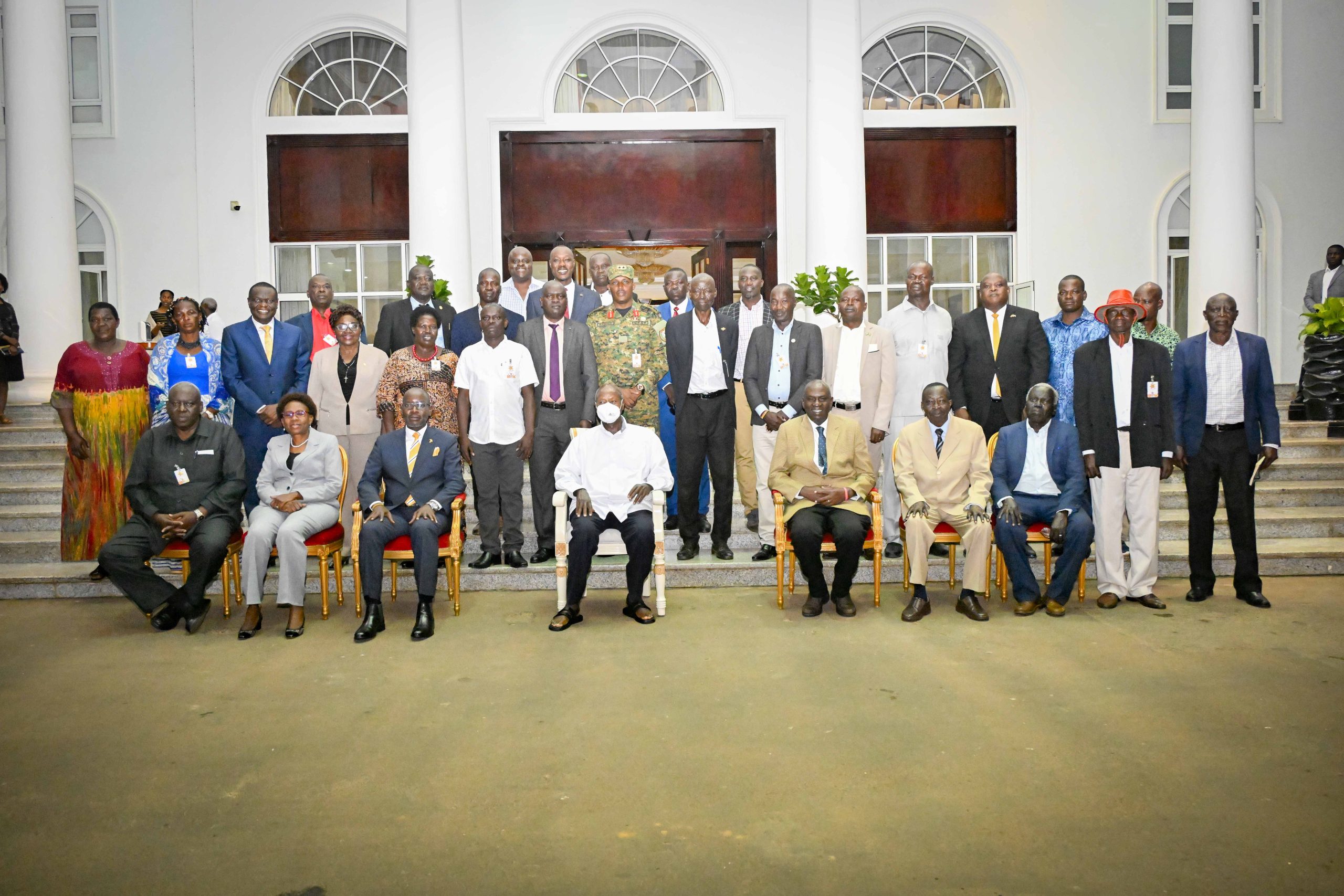President Yoweri Kaguta Museveni, also the Commander-in-Chief of the Uganda People’s Defence Forces (UPDF) today met with the army’s High Command to review Uganda’s security situation and assess the country’s strategic priorities.
The meeting which took place at State House, Entebbe focused on consolidating national stability and strengthening the country’s defence posture.
The President commended the Chief of Defence Forces (CDF), Gen. Muhoozi Kainerugaba, senior commanders, rank-and-file officers for their discipline, professionalism, and unwavering commitment to safeguarding Uganda’s peace and sovereignty.
He reaffirmed the government’s commitment to strengthening Uganda’s defence capacity to ensure the country remains secure and firmly focused on its social and economic transformation agenda.
